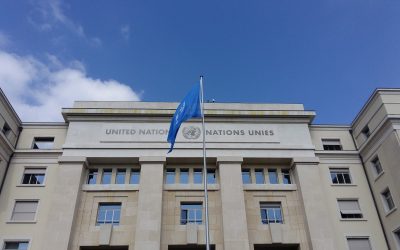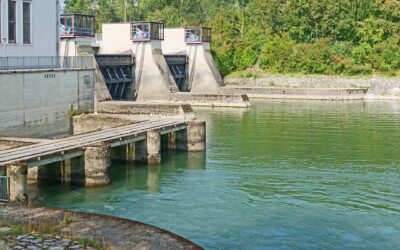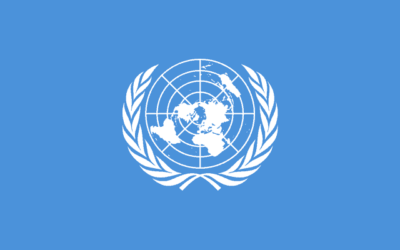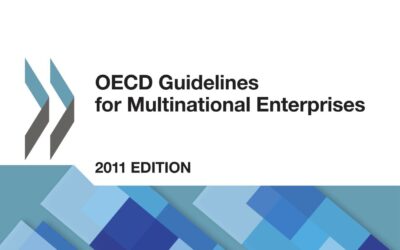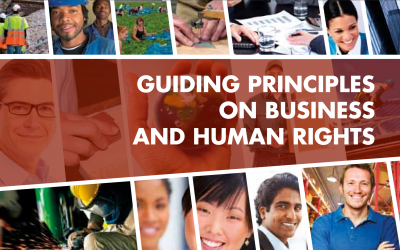Керівні принципи ООН підкреслюють важливість доступу до засобів правового захисту для постраждалих від порушень прав людини, пов’язаних з бізнесом. Згідно з коментарем, держави та підприємства можуть надати кілька різних форм правового захисту, включаючи: вибачення, реституцію, реабілітацію, компенсацію, штрафні санкції, заборони або гарантії неповторення.
Як і у випадку з більшістю міжнародних стандартів з прав людини, держави є основними носіями цього зобов’язання. Принцип 25 пояснює: «У рамках свого обов’язку захищати від порушень прав людини, пов’язаних із підприємницькою діяльністю, держави повинні вжити відповідних заходів – за допомогою судових, адміністративних, законодавчих чи інших відповідних засобів – для забезпечення того, щоб коли такі порушення відбуваються на їхній території та/або юрисдикції, постраждалі мали доступ до ефективних засобів правового захисту».
Незважаючи на те, що держави є основними носіями обов’язків щодо третього стовпа, компанії також повинні брати активну участь у забезпеченні доступу до засобів правового захисту. Принципи 29 і 30 окреслюють кроки, які підприємства та бізнес-організації повинні зробити, щоб полегшити доступ до засобів правового захисту:
- «Щоб зробити можливим своєчасний розгляд скарг і безпосереднє відновлення порушених прав, бізнес повинен створити або брати участь у ефективних механізмах розгляду скарг на оперативному рівні для окремих осіб і громад, які можуть зазнати негативного впливу».
- “Промислові, багатосторонні та інші спільні ініціативи, які ґрунтуються на повазі до стандартів, пов’язаних з правами людини, повинні забезпечити наявність ефективних механізмів подання скарг.”
Ви можете дізнатися більше про державні засоби захисту тут і про недержавні засоби захисту тут. Ви також можете знайти інформацію про механізми подання скарг тут.


